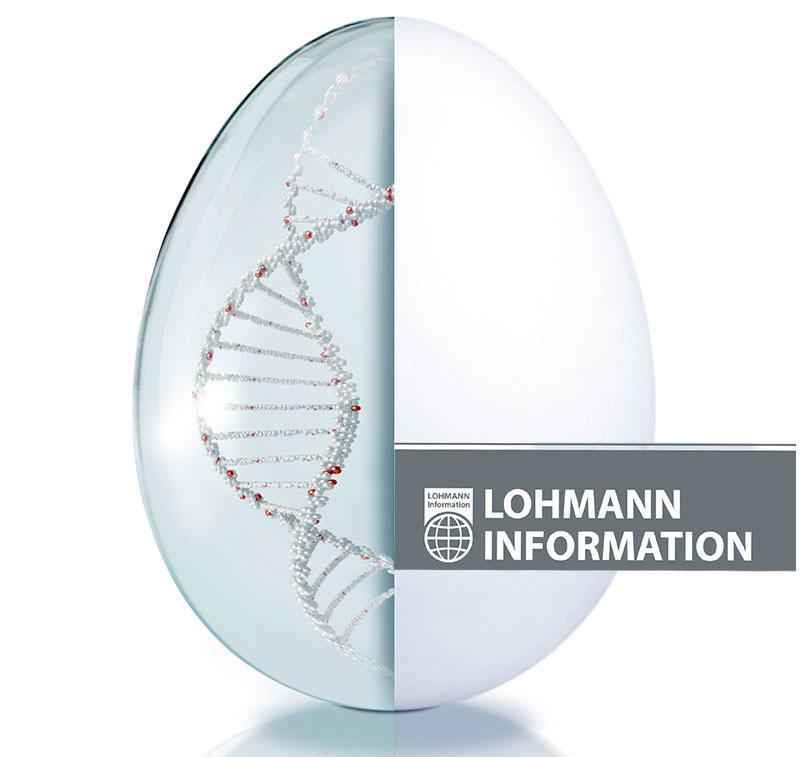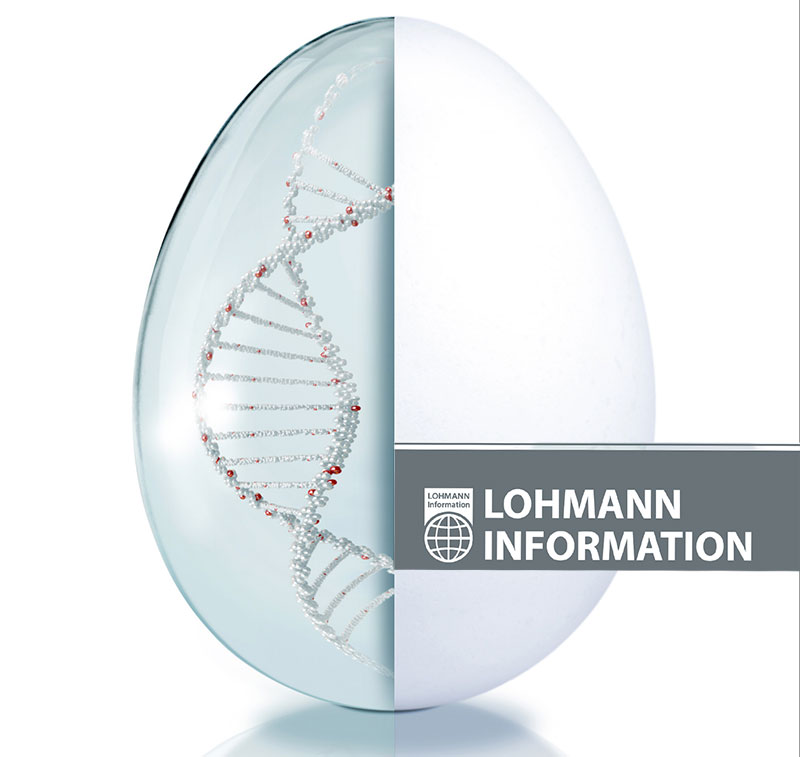This website uses cookies to improve your experience. We'll assume you're ok with this, but you can opt-out if you wish. Read More

Summary A commonly recognized problem of modern dairy farms is that the extremely high milk production often leads to a…

Summary Life cycle assessment procedures were applied to compare the environmental impact of producing broiler meat and eggs in different…

Summary Effects of infrared (IR) beak treatment of day-old chicks were compared with beak trimming at 9 days with hot…

Summary As a broiler breeding company, Aviagen offers advice on the best way to store hatching eggs between oviposition and…

Introduction A number of alternative systems for poultry have been developed or revived in recent years, largely in response to…

Summary The avian immune system has peculiar characteristics that make it quite different from mammals. After the chick has hatched,…
And find out about all the latest industry news.